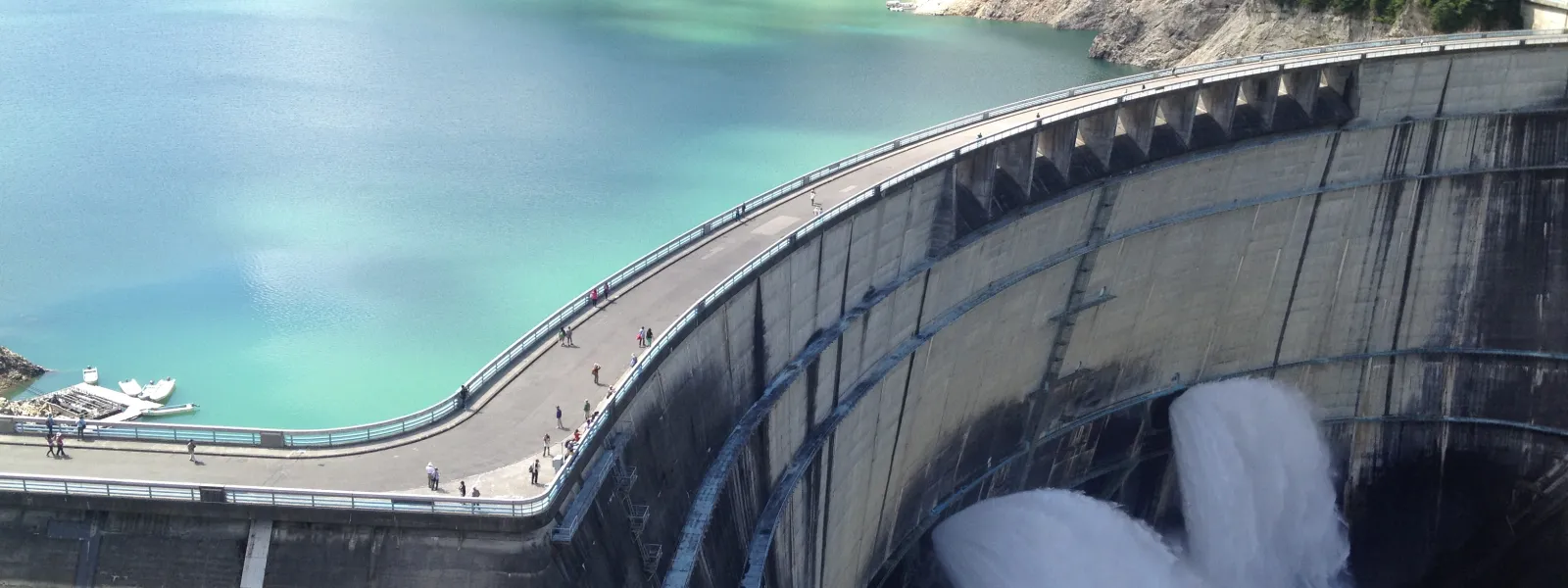
Letter to Green Climate Fund Board and Advisors: Concern regarding the use of GCF resources to support large hydropower
2017
We write to express our concern regarding the use of GCF resources to support large hydropower in general, and in particular the following proposals in the GCF pipeline:
- Qairokkum Hydropower Rehabilitation, Tajikistan
- Upper Trishuli-1, Nepal
- Tina River Hydro Project, Solomon Islands
Large hydropower is a non-innovative, last-century technology with dubious climate mitigation benefits and a long track record of exceedingly high financial, environmental, and social costs. Supporting such proposals would not be consistent with the Fund’s goal, to promote a paradigm shift toward lowemission, climate resilient development, in the context of sustainable development. Further, large hydropower projects would not meet the GCF’s selection criteria related to impact, paradigm shift potential, sustainable development, and efficiency and effectiveness. The reasons why the GCF should not support large hydropower are described in the annex, and briefly summarized here:
- Large dams are vulnerable to climate change: more frequent droughts make them inefficient and increased rainfall reduces their lifespan.
- Large dams exacerbate climate change: considerable amounts of greenhouse gasses, notably methane (30 times more potent than CO2), are emitted from reservoirs; and their construction damages carbon sinks, including forests and rivers.
- Large dams harm biodiversity, which in turn impairs communities’ capacity to adapt to a changing climate.
- Large dams can negatively affect local communities by impoverishing them, breaking social networks, and negatively affecting livelihoods and cultures.
- Large dams can become dangerous: climate change-related extreme weather events and earthquakes can cause dams to fail, jeopardizing lives and property downstream.
- Large dams are not economical and are ill suited to address urgent energy needs: recent studies clearly demonstrate that large dams typically suffer significant cost and time overruns.
- Better energy options are widely available and the GCF should play a fundamental role in promoting them.
